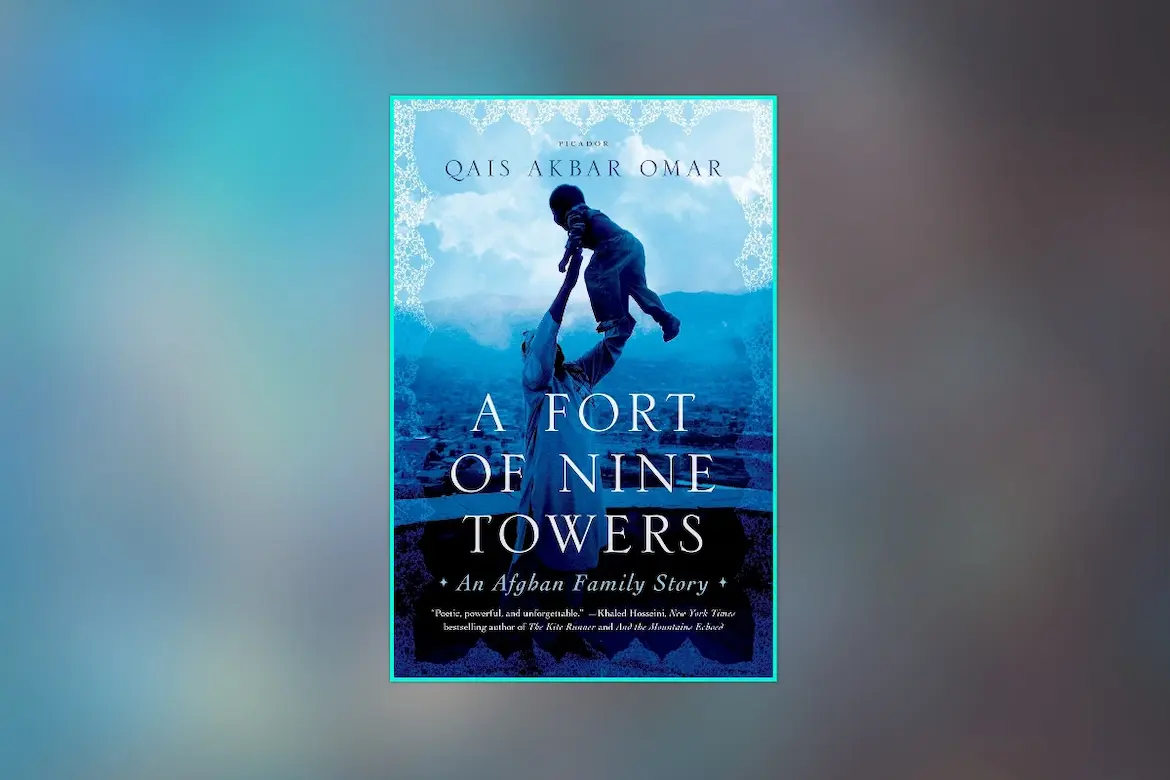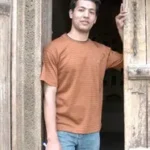A Fort of Nine Towers is one of the rare memoirs of Afghanistan to have been written by an Afghan, revealing the richness and suffering of life in a country whose history has become deeply entwined with our own.
You can find and buy the books we recommend at the LitStack Bookshop on our list of LitStack Recs.

In this LitStack Rec of A Fort of Nine Towers
A Fort of Nine Towers by Qais Akbar Omar
Love of Family and Strong Ties to the Land
From a young boy’s memories comes A Fort of Nine Towers, a remarkable true story of the changes in Afghanistan from the last time the Taliban took hold of that country, a story that is full of strength as well as fear, and one that overwhelmingly testifies of a love of family and strong ties to the land. While it does not flinch from atrocities, terror, and a simmering sense of outrage, it also does not hesitate to show that even in desperate times there can be beauty, joy, and life well lived.
An Aspect of Stability
A Fort of Nine Towers begins with Qais as a young boy in Russian occupied Kabul, shortly after the Soviet withdrawal in 1989 and before the arrival of the Mujahedin, or Holy Warriors, in 1991. While life in an occupied country is not ideal, especially with the lack of recourse against hostile troops and the repression of religious traditions, there is at least an aspect of stability; business proceeds as normal, trade flows between Afghanistan and its neighbors. Qais’ father is part of the family carpet selling business, providing them with a solid income and a well-known presence in the city. His mother has a good job at a bank, and the children are well schooled and lovingly tended.
Still, they, like many Afghans, are hopeful that a shift in power from foreign occupation to the groups of Mujahedin who had banded together not only throughout Afghanistan but also in Pakistan and Iran, would bring about a resurgence in Afghan self-governance, justice, and independence.
Things are good for a few months. Markets were full and prices were cheap, people could travel wherever and whenever they wanted without being afraid of being caught in the crossfire between Russian troops and Afghan rebels. The mood of the country was one of great optimism. But before long, small squabbles between different Mujahedin factions turned into fights that literally exploded in Kabul and across Afghanistan. Qais and his family find themselves caught in the middle.


Snipers in the Hills and on the Rooftops
What would you do if your family’s livelihood was stolen, and you were afraid to leave your home because there were snipers in the hills and on the rooftops who would shoot anyone for target practice, regardless of who they were? If bombs and mortar shells fell constantly, leveling trees, buildings, everything that once was green and beautiful? What if you had no way of communicating with friends and relatives, of knowing if they had fled or been killed or were holed up in their homes? If the city of your birth and where you have lived your entire life is now the center of chaos and lawlessness engulfing an entire nation?
If you are like Qais Akbar Omar, you learn to endure. You take advantage of what you can, you learn how to cope, you lean on your family and the contacts you have made over the years, and you listen to your father, your uncles, your grandfather. Sometimes you fight. Sometimes, you can’t. Sometimes you flee. But you never give up hope. You never let go of those around you. You hold on to your faith, you learn where you can, and you live your life as best you can.
In 1996, the bombs suddenly stop falling in Kabul. The Taliban has come to Afghanistan, and everything changes again. Factions no longer fight in the street, but they have been replaced by an ever-greater threat – one of ignorance and rigidity, bloodily backed by heavy-handed and strangling ideologies that are based more on power than they are on religious principle, strictly enforced through edict, indiscriminate seizure, torture and fear with no recourse, no tolerance.
Bombs no longer fall, but the fear of the people is, even more, razor-sharp. This is the backdrop of Qais’ adolescence. But still, Qais and his family endure. They hold on to each other, they scrap for everything they can. They hope – and they teach those of us who will stop to listen to their story.
Understanding His Life and Country
A Fort of Nine Towers is a remarkable book in that it is simply written about a time and a life that is certainly not simple. Author Omar’s voice is courteous, clear, and personal. This is not a book that spends a lot of time speaking of histories and ideologies, of relating philosophies or religious dogma, other than what is needed to understand what is happening. He is not trying to convince us of anything, but simply to share his story with us in order to give us an understanding of his life and country. And he succeeds, because of his honesty. In that honesty, we learn so much more than we would from newspaper articles or history books.
For many of us, knowledge of Afghanistan prior to this last week was limited to the actions of September 11, 2001, of military actions against the Taliban, hostilities spilling in from Iraq, Iran, and Pakistan, and the hunt for Osama Bin Laden. But this land and this people had an advanced culture for thousands of years before the birth of Christ. They are a people who deserve the understanding of our world. A Fort of Nine Towers is a gripping part of that understanding.
— Sharon Browning
About Qais Akbar Omar
Qais Akbar Omar (first name pronounced “Kice”) is the author of A Fort of Nine Towers, which has been published in more than twenty languages, and the co-author of A Night in the Emperor’s Garden, which has been dramatized by BBC Radio. He has written for The New York Times, The Atlantic, The Sunday Times, The Boston Globe, The Globe and Mail, The Cairo Review of Global Affairs, and he has published essays and short stories in The Southern Review, AGNI, The Hopkins Review, The Markaz Review, Guernica, Arrowsmith, Literary Hub, American Chordata, and elsewhere.
Omar was born in 1982 in Kabul, Afghanistan. He holds a BA in journalism from Kabul University, an MFA in Creative Writing from Boston University, and he was a Scholars at Risk Fellow at Harvard University in 2014–15
Omar comes from a family of carpet traders, and he served as a textiles specialist for USAID and the Asian Development Bank, helping carpet weavers across Afghanistan.
Source: Amazon
Similar Titles to Read

Other LitStack Resources
Be sure and look at our other LitStack Recs for our recommendations on books you should read, as well as these reviews by Lauren Alwan, and these reviews by Rylie Fong, Allie Coker, and Sharon Browning.
As a Bookshop, Malaprop’s, BAM, Barnes & Noble, Audiobooks.com, Amazon, and Envato affiliate, LitStack may earn a commission at no cost to you when you purchase products through our affiliate links.
You can find and buy the books we recommend at LitStack Bookshop by clicking our LitStack Recs banner.






